Look around your house for a second. You will find tiny boxes and paper bags lying around everywhere–chocolates in the fridge, a book delivered by Amazon, specs case on the table, and so on.
So, what does this imply?
That packaging is everywhere. It has been around for years now.
Infact, the packaging business began 3,500 years in Egypt with glass and continued with mulberry bark containers in China. Then Napoleon promoted canned food. In the 1890s NABISCO paved the way for brand packaging with its first branded consumer package.
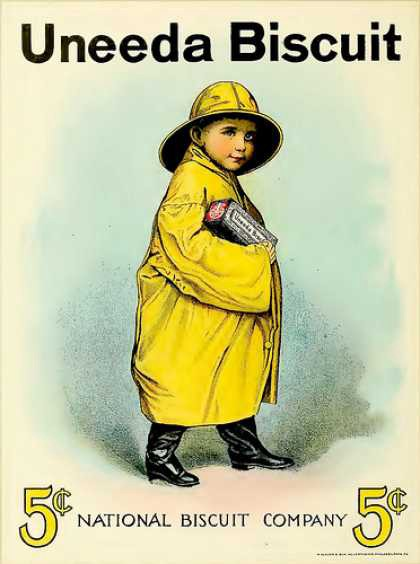
Since then the packaging market has only seen growth. Today, the global packaging industry generates $500 billion yearly. Reports by Smithers Pira indicate that the demand for the world packaging industry will reach $1.05 trillion by 2024. All these things indicate that the industry has a good deal of business opportunities to offer. So, if you are planning to try your hands in it then this guide is for you.
Let’s start step by step on how to start a packaging business and let us answer all your questions.
A quick roadmap of the entire guide:
Step 1:Planning is Important
It is crucial to have a plan for the success of your enterprise. Before starting make sure to have answers to these questions:
What’s my target market?
The packaging business is versatile. Therefore, you need to focus on a specific market. Do you want to provide packaging for food and beverages? Or you want to focus on cosmetics and fashion? You can even go for pharmaceuticals, industrial, or household companies. The choice is up to you but see to it that you do not decide by mere guesswork. Do some research, go through the statistics of what’s trending and setting in your packaging business plan.
Other considerations include determining who you want to target? Which customer base can benefit from the service you offer? For instance, if you decide to produce packaging for cosmetics, your target audience can be young women or teenage girls. This will help you make further decisions on package design, color, shapes, etc.
Do I have enough resources?
Similar to any business, even packaging business requires you to pay for several things like packaging material, supply charges, etc. So, while creating your packaging business plan remember to plan a budget. In the long run, it will help you improve profits and increase the return of investment.
Here are some tips to effectively manage your budget:
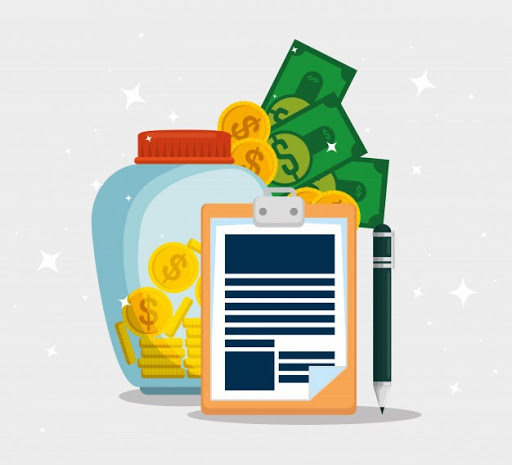
Save for Unexpected Mishaps: Business can be unpredictable. Sometimes, an unexpected opportunity like a special event or co-branded partnerships might pop-up. In such a case, setting aside some portion of the budget might help you deal with the last-minute opportunity.
Track Your Expenses: Do not wait for the end of the year to analyze the budget and make corrections. Track your expenses monthly and make proactive changes. Secondly, keep in mind that your budget won’t remain static. There are chances it may change in the middle of your business undergoing a change. Therefore, based on business growth and profits, you will need to adjust it. Regularly revisiting your budget, redefining your packaging business plan will give you complete financial control and more opportunity to research and study latest market trends. If you need help, let us guide you in building your business from scratch.
How will I Manage the Core Components?
From the material type to selecting the shipping process, understanding all areas of packaging business is the key to successfully carry out operations and expand your business reach.
Some key areas of packaging that you need to focus on:
Material
Paper: A popular material because it is of a low cost, and holds its shape for long. Packaging using paper includes cartons, labels, leaflets, tubes, corrugated cases, rigid boxes and pulp packs.
Glass: Glass is inert, sterilizable, pressure-resistant, recyclable, and you can mould it in different shapes. Industries that use glass packaging are cosmetics and personal care, food and condiments, and even home decor and candles.
Metal: Tin-palate or aluminium are predominant metals for food and drink cans, aerosol cans, tubes, drums and slip.
Wood: It is popular for pallets and crates. You can use wooden boxes to pack cigars, gifts, tea, cheese, etc.
These were the most basic materials. However, enterprises across the globe are adopting the concept of “reduce”, “reuse”, and “recycle” in packaging. Coca Cola, for instance, is working to create packaging that shall contain at least 50% recycled material by the end of 2030. Even customers appreciate brands who are committed to enhancing the environment. Nearly three-fourths (74%) of consumers are willing to pay more for sustainable packaging.
If you are somebody who is passionate about environmental concerns, you might want to switch to sustainable packaging. How to do this?
- Use of eco-friendly raw materials that are 100% recycled or reusable
- Replace the plastic with paper. For example, Bagasse paper. It is a sugarcane fiber pulp left after juice extraction.
- Shift to mono-materials- materials that only consist of one material or fiber, instead of a blend because they are easy to recycle.
There are a lot of innovative ideas. Think out of the box and Go Green!
Manage Supplies
Once you decide the material for packaging, the next step is to find a manufacturer for your product who offers quality materials at a decent cost and on time. For this, you first need to figure out the quantity of your order. Generally, an overseas manufacturer is good for high-volume orders while a local manufacturer is suited for smaller, personalized products. But you will have the benefit of quick shipping at a low price. There are directories available online that will help you choose a manufacturer. Secondly, it’s important to check with the manufacturer if he will deliver the materials. If not then you will need to fetch a supplier who delivers those materials at an affordable rate.
Before you make any decision consider these points:
Price: Price varies from packaging material and location of shipping. However, ask the vendor how do they offer materials at a lower price whilst maintaining the quality. Make sure you are not paying any hidden costs.
Selecting Materials: It is important to choose a vendor who (a) has a wide range of materials and (b) have them in stock.
Repeat Orders: When you sign the contract, discuss the potential of repeat orders. This way, you will get your orders at regular intervals without waiting.
Delivery Time: A little delay in the process might cost you a customer. So, choose a vendor who has a reliable delivery track record.
Quality: You get the materials on time but quality is not up to the mark then it’s of no use. Be very particular about the quality of the materials that the vendor offers. Never compromise on that.
With this we finish sorting out the key components you need for the packaging business. Now let’s say you have decided to sell packaging to a food and beverages brand. There are more than 700 food packaging suppliers in the USA according to Thomas Supplier Discovery. How will you make sure your business is different? Good quality and affordable price– that’s of course correct. But what’s crucial is offering personalized packaging.
The Rise of Customized Packaging
Customers are looking for a personal connection that brands and products have to offer. And for this, companies are focusing on personalization.
Do you remember the famous #ShareTheCoke campaign? It is the best example of personalized packaging. Coca-Cola replaced its logo on all bottles with 150 of the most popular first names, and nicknames. This allowed the customers to create and personalize virtual cans and order it or send to others. Coca-Cola sales grew more than 19% in the first year of the campaign.
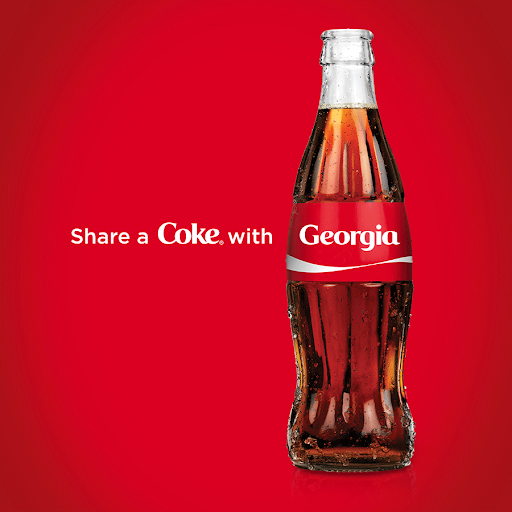
All of us have preferences and we wish to do things our way. We even expect brands to deliver custom options based on individual preferences. If you want your packaging business to stand out, you must create a fully custom experience and offer something that’s specific to your customers.
Here are two major benefits of offering customized packaging:
Customer Loyalty: Brand A offers a traditional paper packaging with a logo and a tagline. Brand B lets the user choose either black/white or multicolor design. Not just that the user can add graphics. Guess who’s going to have a huge traffic. Brand B, obviously.
What A offers is generic. Boring, maybe. But B makes the user feel special. Once you create a better customer experience and establish an emotional connection, customers are likely to make a purchase again. And that’s why 90% of these packaging professionals believe that the trend of customization will continue to rise over the next few years.
That’s the power of customized packaging. It’s a great way to create customer loyalty and outsell your competitors. Secondly, people are willing to pay about 20 percent more for a personalized product. This means you could charge more for what you offer.
Increase Profits: Your customer is likely to go for the premium plan if you are offering something that’s valuable and unique. A study by Deloitte suggests that 1 in every 5 consumers would not mind paying 20% extra for an exclusive product. This means that your packaging business can easily earn more profits. Furthermore, a satisfied user will share about your brand on social media and recommend it to others. In this way, you can expect an increase in sales figure.
Brush Your Ideas is our flagship project which helps eStore owners serve customers better. Our product design tool enables e-store owners to offer their customers personalized products. If you are looking for a similar solution, you can start by exploring our live demo to see how it works.
Web-to-print Software: A Cost-effective Solution
To scale your business and leverage the power of product customization, you need a web to print software. This software allows users to design custom packaging commercially through websites and then they can place orders. Implementing it is bound to ensure a border reach of your business.
Here are some essential points to keep in mind before buying the software:
- Custom web-to-print solution with 3rd party tools to increase functionality.
- Cost effective solution that offers a library containing ideas, designs, templates, images, color schemes, quotes, and graphics.
- Lets you create and maintain product catalog.
Printing Method
Next step is to decide what printing method you will use for packaging:
Lithography: Cosmetic boxes, electronic products, and food packaging printing make use of this method. It allows you to use more than four colors and gives the final product a soft matte touch or a high gloss look. The biggest drawback with lithography is high investment and longer lead times.
Flexography: It is popular for stand-up pouches and corrugated boxes. It has a faster turnaround time and is cost-effective. Note that as compared to lithography, flexography has noticeably lower printing quality.
Digital Printing: extensively popular with small-scale print jobs. Labels, films for flexible packaging, folding paper cartons, corrugated boxes – all of them use digital printing. It requires a minimum of tooling fees and has a quick turnaround time. However, this method could be inconvenient to print in large volumes.
Rotogravure: Manufacturers use this method typically for pouches and boxes-especially for food packaging. It provides long-lasting print results but the tooling costs are quite high.
Silkscreen: It is a good option for custom packaging. Manufacturers generally use silkscreen printing on glass and metal bottles. The production speed with silkscreen is much lower and the process requires manual effort sometimes resulting in poor-quality results.
Which one is right for you?
Choosing the right method depends on your requirement and budget. Anyway, if you have to print high volumes at a lower cost, consider flexography. For high volumes at a moderate cost on packaging with a flat surface; choose lithography. Digital or silkscreen is a good choice for lower printing volumes. And if there are high volumes with detailed designs then consider rotogravure.
Step 2: Get Online
Select Your Company Name
Ask your friends and family, use your imagination, and scribble every name you could think. Once you get the top 3 or 5, go to domain generators like GoDaddy, check the availability and see what works. Remember, the best company name is short, clear, and something that reflects what you do.
Register your Packaging Business
For a legitimate business, you will require a vendor’s license. Contact your local attorney. They will help you with all the paperwork. Further, approach your state’s Secretary of State and Department of taxation or revenue.
Here you register the required documents. Next, as you will be making taxable sales; you need a Seller’s Permit or Vendor’s License. The rules differ from city to city or state to state. This license is important because few vendors with whom you will work in the future might ask for it.
Choose an eCommerce Platform
For this, what you will normally do is search online and choose one from the top 5 platforms, namely Shopify, Magento, WooCommerce, BigCommerce, etc. Smart move. But for long-term success, you need a fully-functional, feature-rich website. So, do not be spontaneous in your decision.
These are two major eCommerce solutions available in the market:
- SaaS-based eCommerce platforms
- Open-source eCommerce platforms
SaaS-based eCommerce platforms are ready-made solutions using cloud hosting. If you do not wish to focus on the technical aspects and just focus on sales, this is a good option. The vendor will take care of all aspects like web hosting, platform customization, security updates, payment processing, and others. This will require you to pay a monthly or yearly recurring fee based on the features you choose.
- Shopify
- BigCommerce
- Squarespace
- Volusion
- Big Cartel
Open source, on the other hand, provides you with a source code that you can install and set up the site. You get complete control of your site and higher scalability and customizability on the website. Working with this platform requires some technical knowledge or you can hire a team. Popular open source platforms are WordPress WooCommerce plugin, Magento, and PrestaShop.
An easy way to choose an eCommerce platform is by considering the features it offers.
SEO Friendly: What do you aim for? If a user searches ‘packaging company for cookie jar then he should find your brand in the top results. Right? For ranking high in search results, you need to have a SEO friendly platform. Go for a platform that offers basic SEO friendly features by default.
Mobile Friendly: In most cases users will search for a product or make a purchase from their phones. Having a mobile-friendly store will make you easily reach the cellphone users.
Security: With cyber threats increasing every day, you want to protect your store from hackers. Check if the platform is secure by confirming if it supports HTTPs or SSL support. Even make sure that the payment options are secure to safeguard customer data.
Product Management System: Choose a platform that lets you upload a product and manage the product listing for smooth functioning. For this, you will need features like dynamic catalog filters, ability to create product variations, map different shipping options, advanced product listing, etc.
Multi-channel Integration: Once your company resumes a good pace, you will want to sell on multiple marketplaces like Amazon, eBay, Etsy, and Google Shopping along with your site. So, for this, having a platform that lets you integrate your store on other platforms is a must.
Step 3: Launch and Promote
Your packaging business is now ready to rock. To make sure that your store reaches the target audience, you have to develop a marketing strategy.
Pre-launch Marketing:
- Create a ‘Coming Soon’ page on your site.
- Grow your email list.
- Create a buzz on social media.
Post-launch:
- Optimize your store for SEO
- Connect with influencers
- Start a blog
- Make YouTube Videos
Ready to Start a Packaging Business?
We hope this guide will help you explore opportunities that the packaging market has to offer.
Looking for a Web-to-print solution? Then Brush your Ideas can be your one stop solution. We are in the industry for the past few years and have helped many eStore owners set up their printing business. Our web product designer tool has helped many businesses to stand out of the crowd and have the right set of customers following them. With almost 10+ years of experience of working with businesses like you, we can guide you throughout your journey.
All product and company names are trademarks™, registered® or copyright© trademarks of their respective holders. Use of them does not imply any affiliation with or endorsement by them.
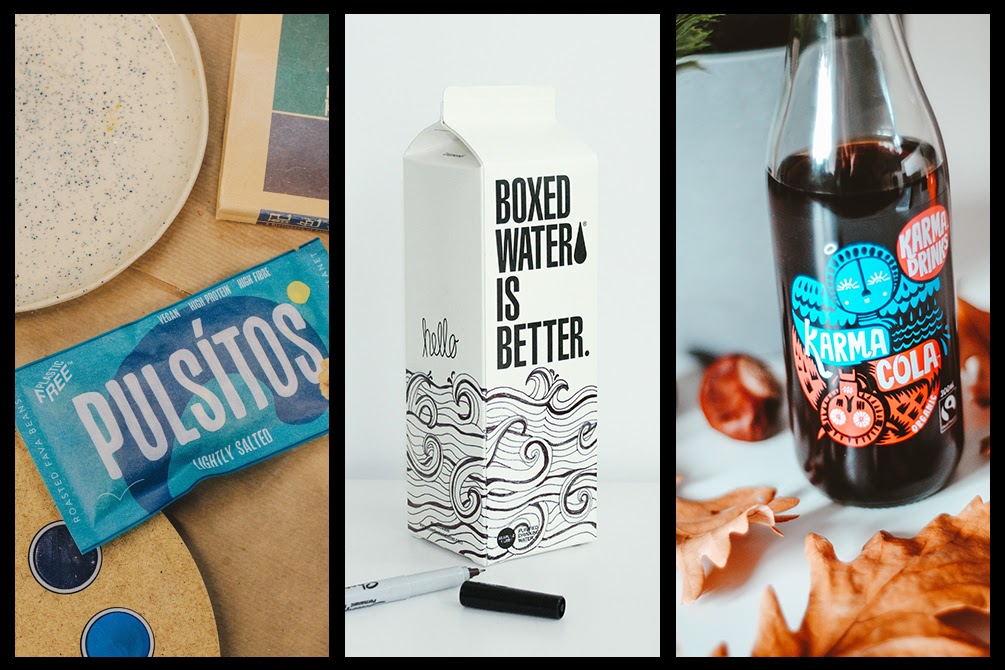


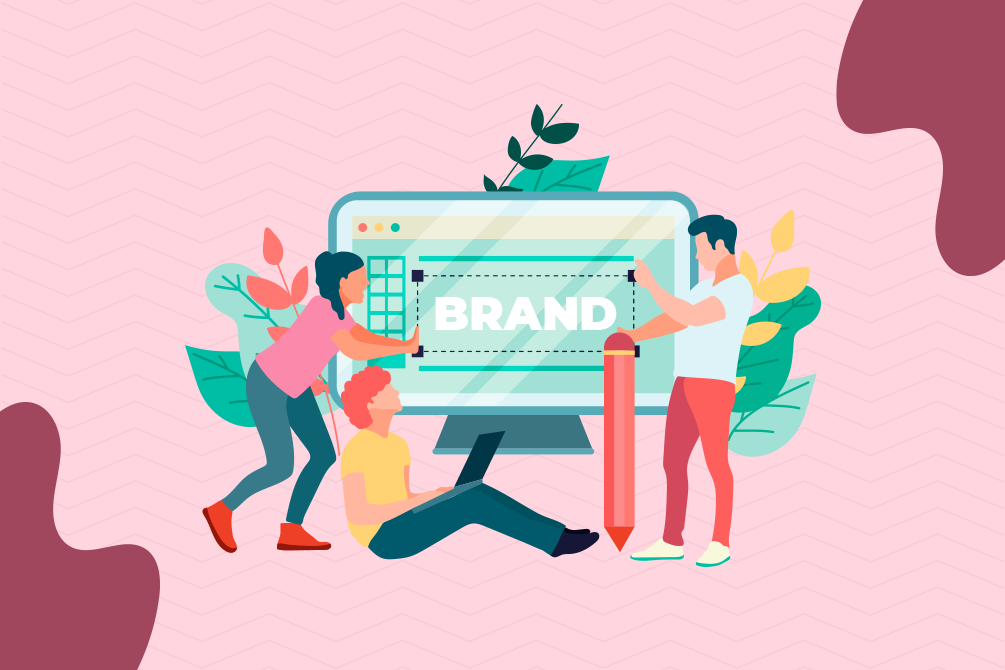
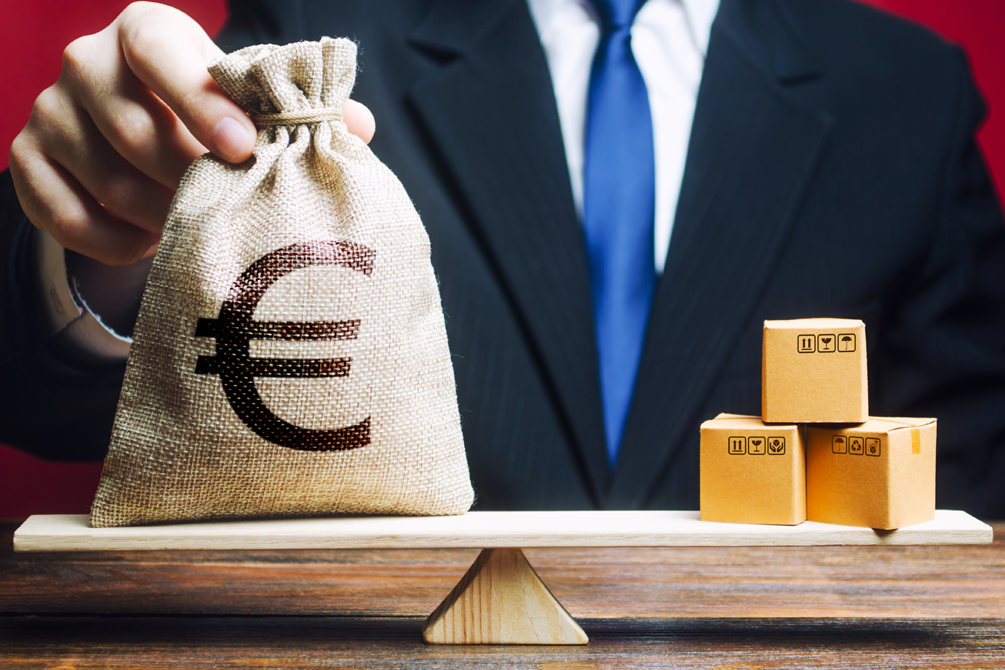



Follow with us